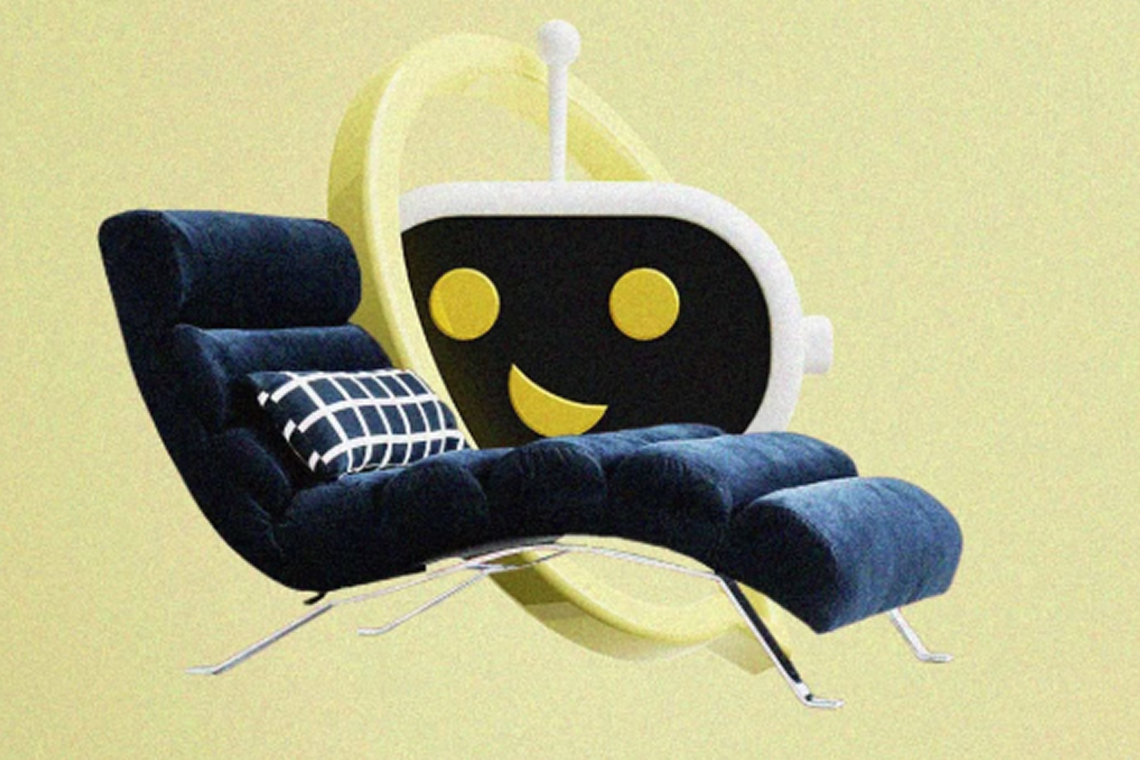A critical security vulnerability in Plantronics Hub software allows attackers to escalate privileges due to an unquoted search path weakness.
Therapy costs are soaring, and finding the right therapist can be a challenge. AI-powered therapists like Therabot claim to offer a more affordable, accessible alternative—but do they truly measure up?
The Struggle to Find Support
When you're going through a rough patch, it can feel like there’s no one to turn to. Many people suggest therapy as if it’s as simple as picking up a pack of painkillers. But in reality, it’s a complicated and often expensive process.
Just recently, while waiting at an airport, I overheard a conversation about therapy costs. One person was paying as little as $50 per hour, while another was shelling out $250 per session. It was strange to hear such a private matter discussed like a competition.
AI That Listens: The Rise of Therabot
A clinical trial of Therabot, an AI therapy platform developed by Dartmouth College researchers, was published in the New England Journal of Medicine with promising results.
Participants who engaged with Therabot saw a:
- 51% reduction in depression symptoms
- 31% decrease in anxiety
- 19% improvement in eating disorder concerns
These results were comparable to human-provided therapy. On average, users exchanged about ten messages per day, maintaining regular engagement with the AI.
Unlike general-purpose chatbots such as ChatGPT, which can produce unreliable responses, Therabot is trained specifically in evidence-based therapeutic techniques rather than scraping random internet conversations.
Therabot has been particularly effective in areas like:
- Cognitive Behavioral Therapy (CBT), which focuses on reshaping negative thought patterns
- Sleep disorders
- Workplace burnout
- Self-esteem coaching
However, AI therapists still lack the human nuance that many patients value. My therapist once encouraged me to appreciate “the wonderful ordinary” in everyday life—an insight she’d learned from her mentor. It’s hard to imagine an AI drawing such wisdom from personal experience.
The Cost of Therapy and AI as an Alternative
Therapy can be a major financial burden. Personally, I was paying $85 per session, and while it was worth it, the cost added up quickly.
Beyond expense, finding the right therapist can be frustrating. After a trial session, you might walk away feeling disconnected, especially if the therapist’s style doesn’t match your communication needs.
Platforms like Therabot—accessible via WhatsApp—could help remove these financial and logistical barriers.
Earlier versions of Therabot had clunky, generic responses like "Go on," or "Hmmm," even falling into common therapy clichés such as "Seems like your problems stem from your mother." But its developers have refined it to provide more meaningful interactions.
Still, not all AI therapy tools are created equal. Unlike Therabot, ChatGPT and Google’s Gemini allow users to create customized “therapists” with no professional oversight, which could lead to misleading or even harmful advice.
The Need for Regulation and Caution
AI therapy doesn’t have to replace human therapists—it could serve as a supplement for people checking in between traditional sessions.
However, the lack of regulation is a major concern. For AI therapy to be properly vetted, the FDA would need to classify it as a medical device. Without this, there’s little oversight on whether AI-generated mental health advice is safe or effective.
A cautionary tale comes from Tessa, the chatbot developed by the National Eating Disorders Association. In 2023, it wrongly advised users to maintain a calorie deficit, even when they had eating disorders that required support, not weight loss guidance. This misstep led to severe backlash and even triggered binge eating episodes.
AI Therapy: A Tool, not a Replacement
After trying Therabot myself, I found it to be an interesting tool for self-reflection—but it’s no substitute for real human connection. There’s something irreplaceable about the “wonderful ordinary” of speaking to a real therapist—someone who can offer not just techniques, but true empathy and understanding.
Found this article interesting? Follow us on X(Twitter) and FaceBook to read more exclusive content we post.


